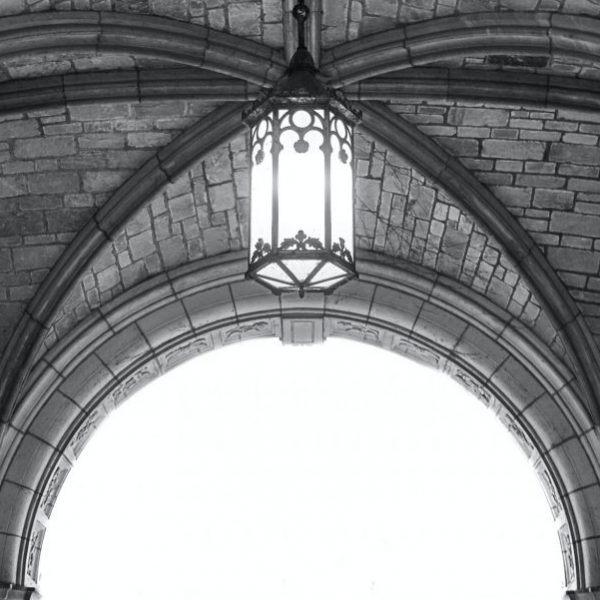Are the Humanities Slipping Away?
In a piece
from the Chronicle of Higher Education,
Frank Donoghue writes about the decline in humanities majors, a decline which
is also paired with an increase in for-profit and two-year colleges. He concludes that while humanities may lose
their footing in the world of college and university, their place may shift the
center of humanist work and thought to beyond the ivory tower. This, of course, is a far change from what
Donoghue explains as the intertwining of the humanities and the university as
one idea, which he also notes is a far cry from the truth. Who attends college has also changed a great
deal, and a degree—whether from two year, four year, not-for-profit, or
for-profit institution—is essential for most jobs in the country.
This sentiment is
echoed in some ways by another Chronicle
piece
that advises very strongly against graduate school and a subsequent career in
humanities education. The author argues
that a false sense of job security has developed, and undergraduates, tempted
by the structure and validation they will find in graduate school, but unprepared
for the possibility of not finding teaching work once their studies are over.
These questions about
the humanities and their role in educational institutions, as well as the
challenges faced by those who strive to continue humanities study and education,
are ones that many others are also trying to examine. Anthony T. Kronman’s Education’s
End: Why Our Colleges and Universities Have Given Up on the Meaning of Life
looks specifically at the disappearance of the question  about the meaning
about the meaning
of life as a part of educational life. In the introduction, Kronman explains that he believes that “college
or university is not just a place for the transmission of knowledge but a forum
for the exploration of life’s mystery and meaning through the careful but
critical reading of the great works of literary and philosophical imagination
that we have inherited from the past.” Kronman believes that these types of
discussion can and will once again become a part of dialogue in humanities and educational
institutions.
Kronman looks to the
future of humanities, what will be created by future scholars. But the humanities are also based in a long
tradition of humanists, cultures, and ideas.
Part of today’s humanism, even if it moves far beyond its traditional
home in the ivory tower, will continue to interact with its past.
 The series Rethinking
The series Rethinking
the Western Tradition offers this exact balance. Each book includes both the work and modern
essays which address questions in the works.
The books range from iconic texts of the founding of America, The
Federalist Papers, to Machiavelli’s The
Prince, written amidst sixteenth-century political life. In order to understand where humanism is
headed, one must read the scholars of the past, the scholars of the present
looks to the past, and how these scholars see the future.




I am not sure if colleges that cost a fortune to attend are the best place
to learn and think about the meaning of life. With such an investment,
students are if not forced then at least nudged towards studying something
that can be monetarized.
A better occasion to learn about the meaning of life is a long walk in the
forest, maybe with a good friend, alternatively with a good cigar, taking
a rest next to the lake and reading WALDEN or Mann’s MAGIC MOUNTAIN.
Thank you for sharing this information. The information was very helpful and saved a lot of my time.
well your work is pretty good and i really like your post . .every thing in the post is awesome . . . .gr8 job . . .keep sharing 🙂
I am not sure if colleges that cost a fortune to attend are the best place
to learn and think about the meaning of life.